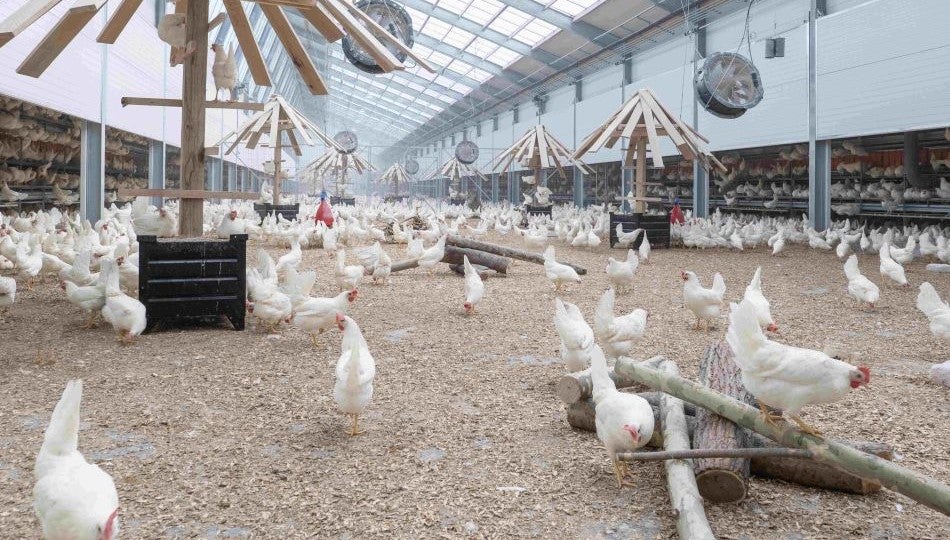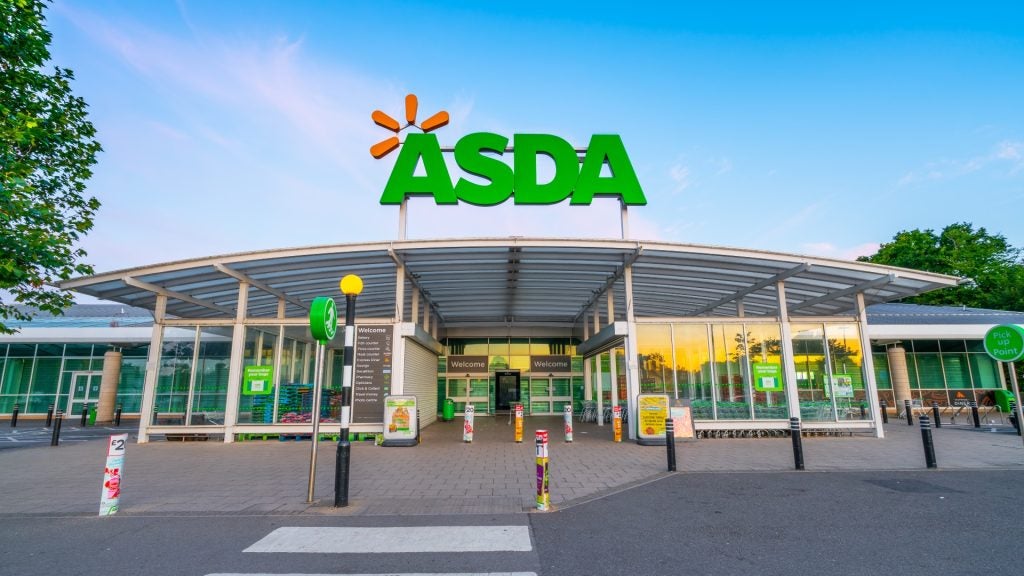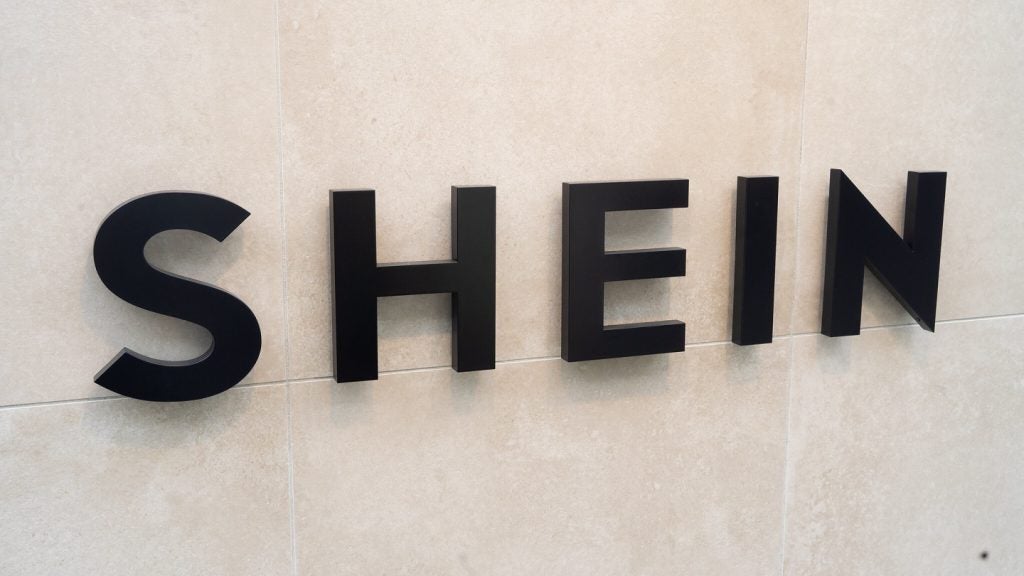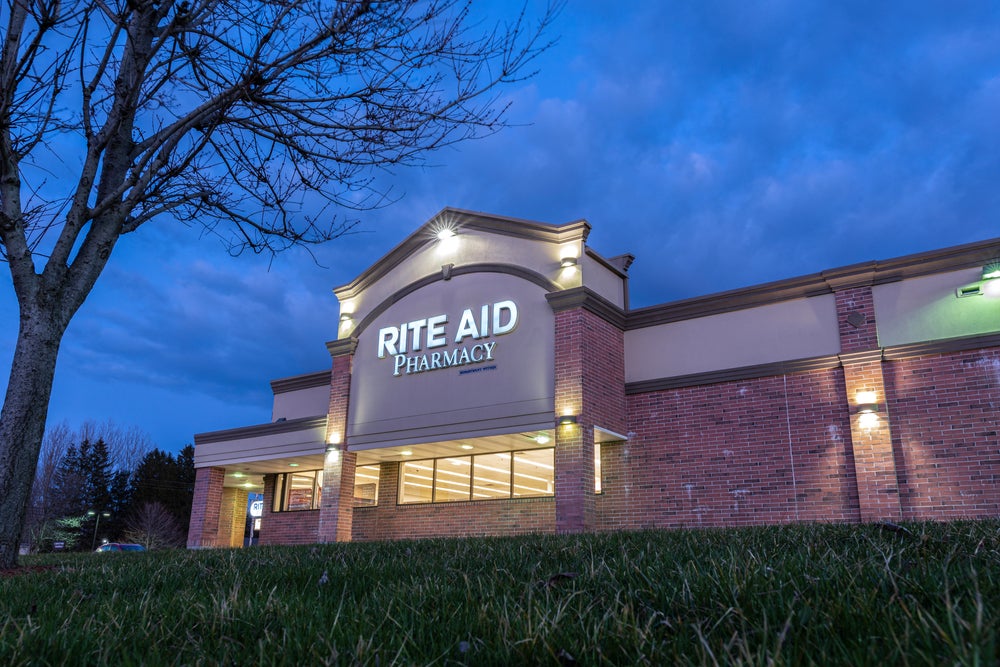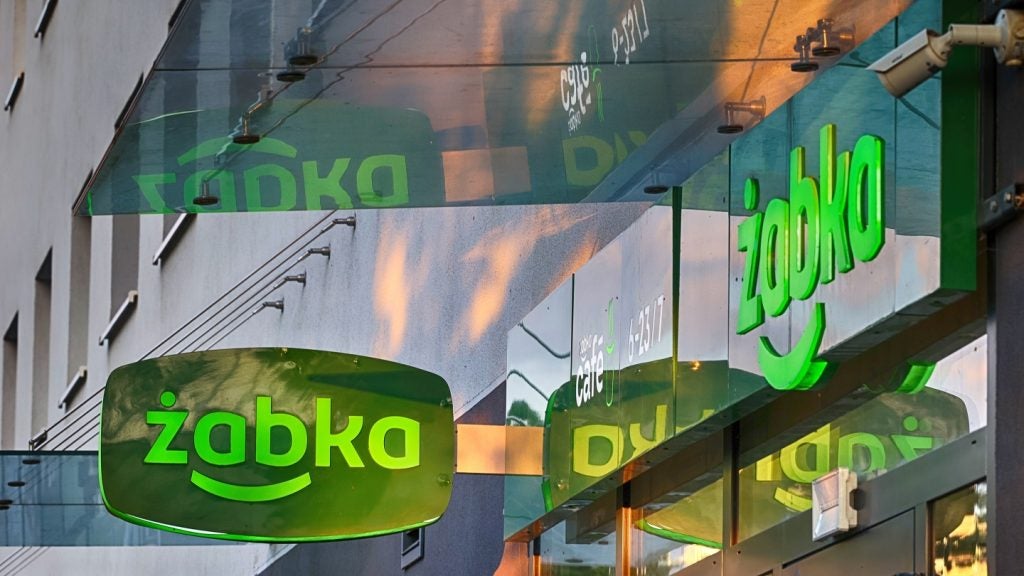Lidl GB has partnered with Kipster, making it the first grocer in Great Britain to offer a range of eggs from the Dutch poultry farm company’s "egg farm of the future."
Kipster is recognised for its innovative and environmentally conscious farming methods, resulting in a reduced carbon footprint for its eggs.
Kipster is bringing its farming concept to the UK after having successfully implemented it in the Netherlands since 2017. The first Kipster farm in the US opened in 2022 and the carbon-neutral eggs are now available in 28 states.
Transparent farming practices
The partnership aligns with Lidl GB's commitment to supply chain transparency following their move to introduce Welfare Windows on packaging.
Operated by Griffiths Family Farms in Shropshire, the Kipster farm will feature live webcams streaming 24/7 views of the chickens, providing transparency in farming practices.
Lidl GB is urging Telford and Wrekin Council to approve the project in November, with plans for the eggs to be available in stores by Spring 2025.
Kipster’s ethical farming vision
The eggs are produced by chickens adhering to high welfare standards and have a reduced carbon footprint, with remaining emissions offset through carbon credits.
The farm concept surpasses typical free-range standards. The chickens have the freedom to roam indoors or out, with access to an indoor playground filled with daylight and fresh air.
Live 24/7 webcams demonstrate Kipster's commitment to transparency.
Lidl GB Chief Commercial Officer Peter de Roos expressed excitement about the new partnership, saying: "At Lidl, we want to give our customers the very best products at the best possible prices, which is why we’re so excited to be the first grocer to bring Kipster’s eggs to our stores across Great Britain. We would urge Telford and Wrekin Council to approve the plans to ensure that British shoppers have access to this industry-leading egg.”
The Kipster farm also tackles food waste with a circular approach to feed. Chickens are fed with upcycled feed made from by-products of crop and food processing, contributing to a reduction in carbon footprint.
The farm avoids culling newborn roosters, rearing them for eventual use in meat production.
As Telford and Wrekin Council deliberates on the farm's fate next month, Lidl GB remains at the forefront of sustainable and ethical practices, poised to bring the "egg farm of the future" to British consumers.


